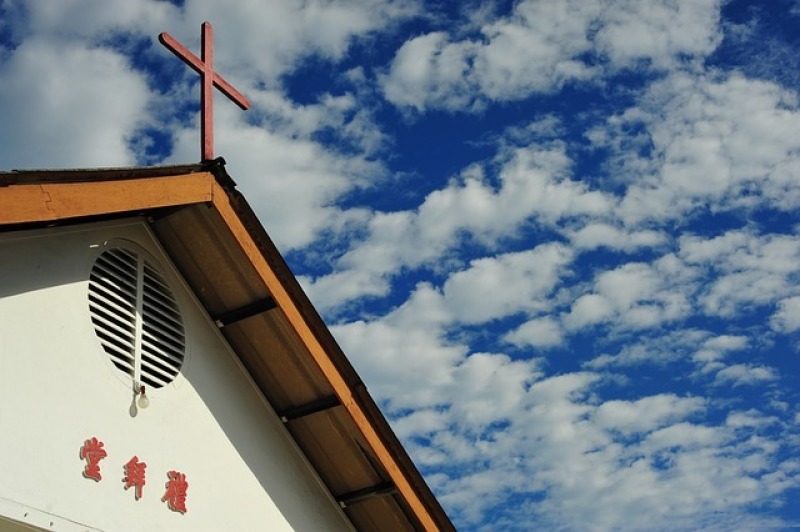
Protestant churches in Hong Kong are under increasing pressure to "Sinicize" in order to fulfill Beijing's goal of transforming churches into tools of the Chinese Communist Party (CCP). In terms used by the Chinese government, "Sinicization" describes both the adaptation of churches to Chinese culture and their submission to CCP control.
Hong Kong is now under the sway of the state-controlled Three-Self Church of Protestantism from the Chinese mainland. On May 18–19, at the YMCA Hotel in Hong Kong, its chairman, Pastor Xu Xiaohong, presided over a "Seminar on the Sinicization of Christianity." He was accompanied by Pastor Wu Wei, the leader of the China Christian Council, the governing body for the Chinese Protestant churches, as well as other clergy and five academics who studied the Three-Self.
Hong Kong's Protestant Churches Under Pressure to 'Sinicize'
According to the article on the Anglican website, there were about 120 Protestant leaders from Hong Kong. Archbishop Andrew Chan, the head of the Hong Kong Anglican Church, was one of them, and he blessed the attendees.
Pastor Wu Wei made it clear that the "Sinicization" of Christianity, as envisioned by Chinese President Xi Jinping, involves more than just swapping out Western iconography for Chinese. It entails a complete adaptation to the CCP Central Committee-led political system in China. Pastor Xu Xiaohong echoed this sentiment when he said that "Sinicization" refers to the process of assimilating Christianity into the existing Chinese society. Since China is a socialist country, it is expected that Hong Kong's churches will also conform to socialism.
In the shared article in Bitter Winter, Pastor Shan Weixiang, vice president of the China Christian Council, stressed the importance of "Sinicizing" churches in his final remarks. He claimed that genuine Hong Kong Christian patriots are those who adjust their churches in accordance with the model used in mainland China, referring to the current period as "the time of the patriots." Shan emphasized the enormous significance of this seminar, expressing his belief in its historical significance.
Also Read:Chinese Christian Church Members Detained in Thailand; Fear Persecution in China
'Sinicization of Christianity' and Its Potential Impact on Global Churches
Rev. Xu recounted the history of the promotion of Christianity in China, arguing that the sinicization of Christianity was both necessary and optional for the growth of the faith in that country. According to China Christian Daily, he made it clear that the indigenization and contextualization of Christianity in China were not intended to alter Christian ideas but rather to highlight the necessity of Chinese features for Christianity.
The chairman added that the church should function better inside a socialist society, and theological thought should be sinicized in order to honor God and help society. He argued that these concepts may serve as a guide for the growth of worldwide churches, particularly in developing nations.
The seminar covered research on key figures in the history of Christianity in China, case studies on pastoral practice and theological education in China, and theoretical discussions based on comparative religion. The symposium also hosted 14 pastors and scholars from mainland China and Hong Kong who engaged in discussions around three sub-themes: "Mission and Pastoral Care," "Theological Education," and "Church History."
Related Article: Chinese Bishop Calls for Unity Urging Catholics to Embrace Official Church, Leave 'Underground' Behind
















